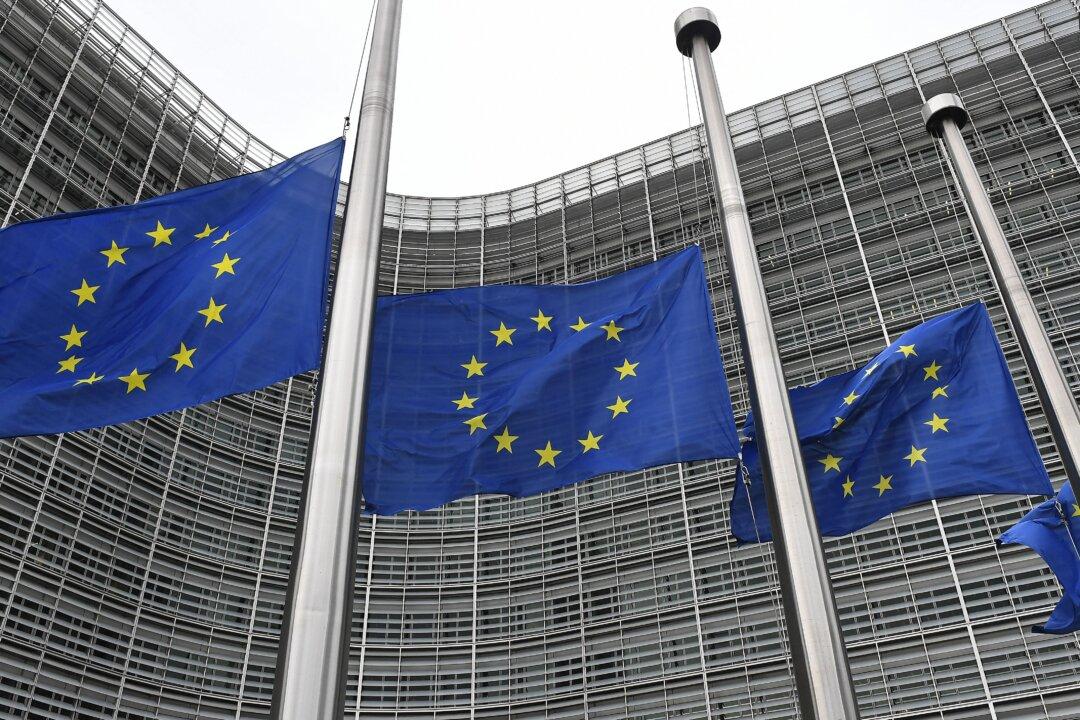Negotiations over a free trade deal between Australia and the European Union (EU) have broken down again as the two sides failed to overcome hurdles.
Australian Trade Minister Don Farrell, who’s currently visiting Japan for a G7 meeting, held sideline talks with his European counterparts during the two-day event in an effort to ink a last-minute deal before the bloc enters its election cycle in 2024.





